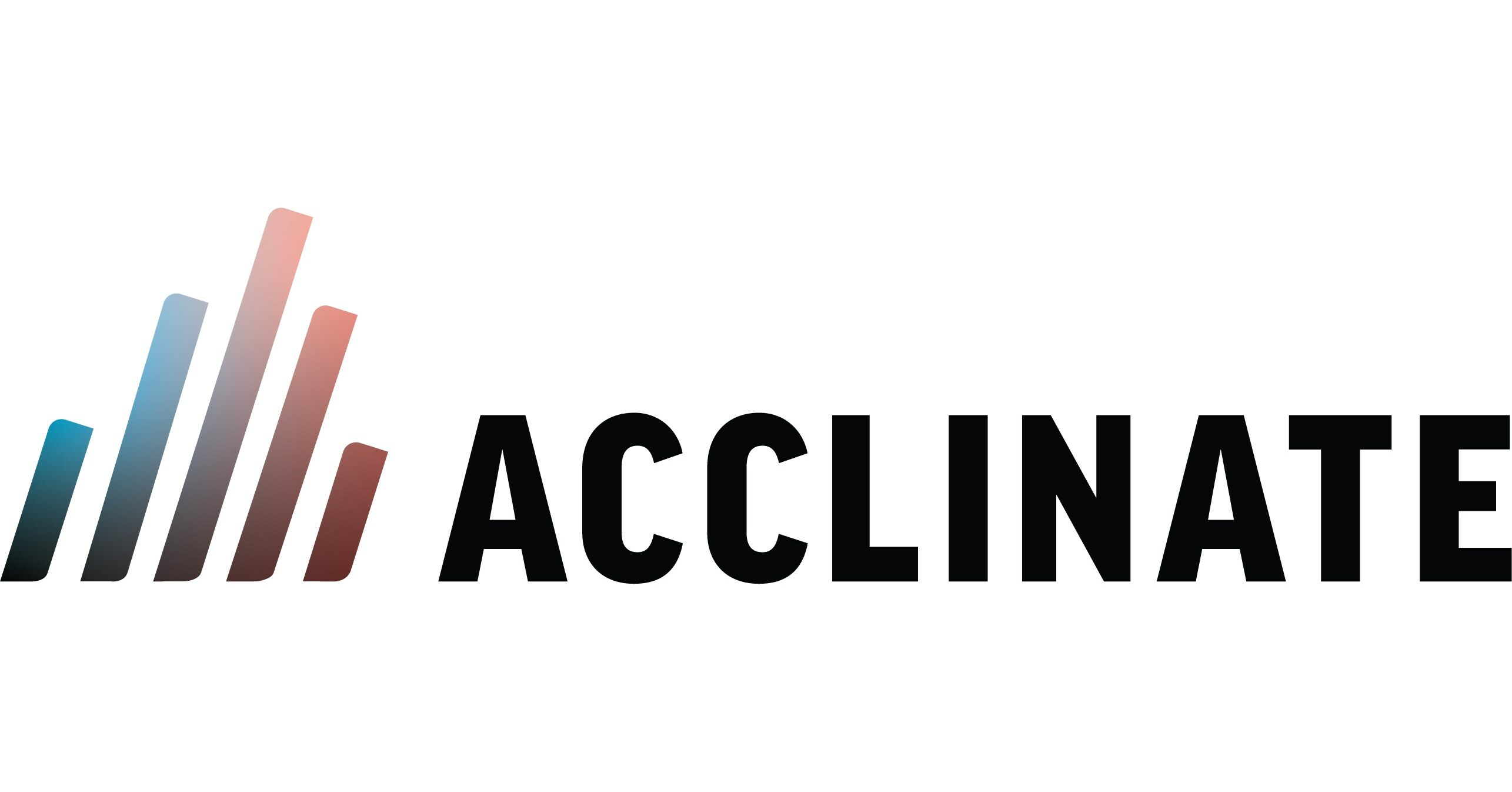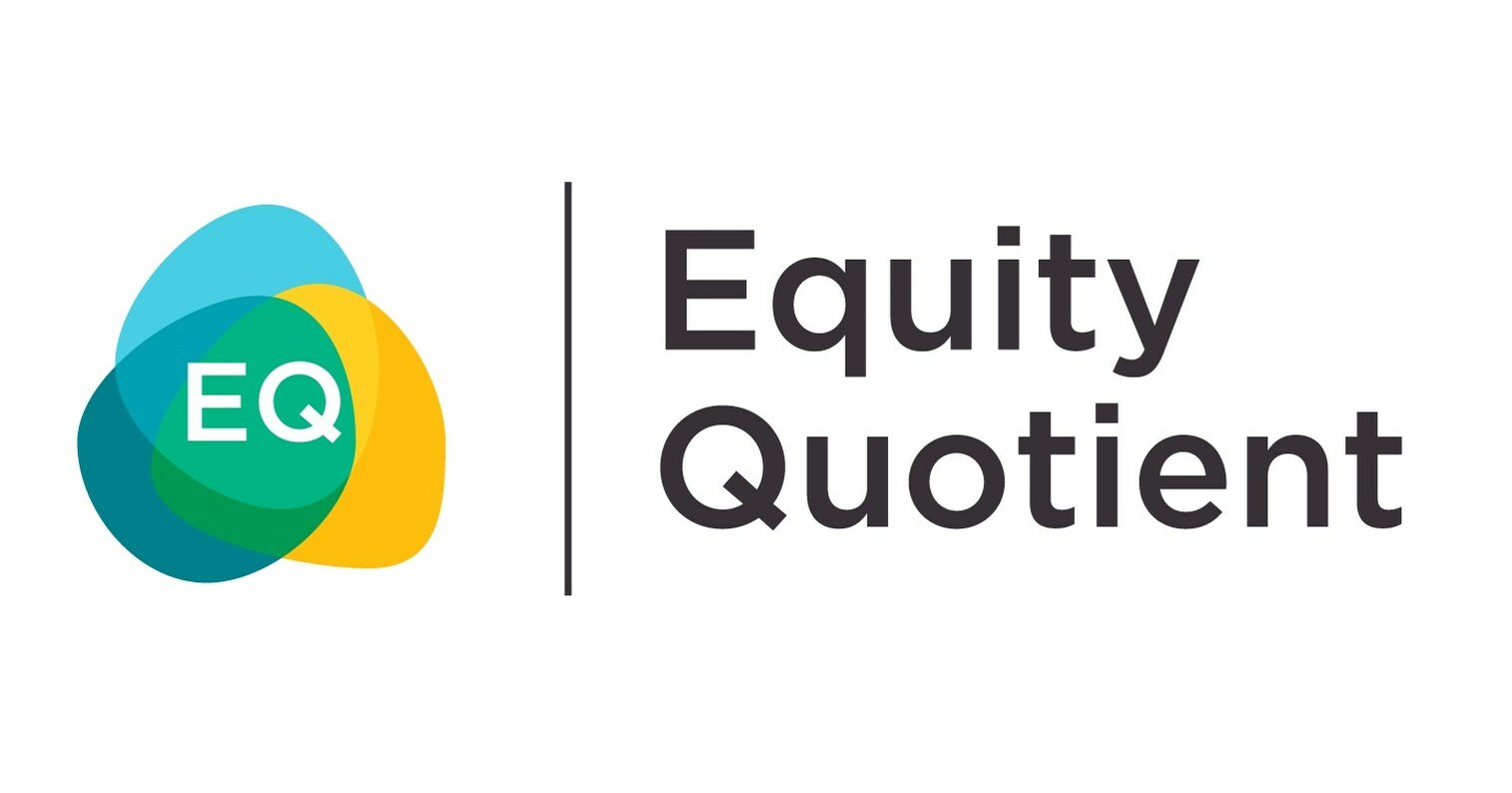


Equity Quotient, an AI-powered stakeholder intelligence platform, has partnered with the Healthcare Financial Management Association (HFMA) to launch its Public Health solution [0b231536]. The solution aims to provide healthcare finance leaders with access to rich data and insights to achieve health equity mandates. By benchmarking patients and outcomes to the communities they serve, healthcare finance leaders can prioritize health equity and population health initiatives. The partnership with HFMA aims to reduce the cost and complexity of gathering socioeconomic data and support the understanding of social determinants of health. Additionally, the solution will help providers address workforce challenges and compliance mandates. Equity Quotient's goal is to provide the necessary data for leaders to overcome health disparities and create inclusive, sustainable healthcare organizations. HFMA, an organization that helps its members achieve optimal performance in the U.S. healthcare system, has joined forces with Equity Quotient to empower healthcare finance leaders with AI-powered tools for health equity. The platform offered by Equity Quotient leverages artificial intelligence to provide data and analytics for sustainable growth in the healthcare ecosystem. This partnership represents a significant step towards addressing health disparities and promoting equitable healthcare.
Healthcare systems are addressing health disparities and promoting health equity through various initiatives. One example is the pilot program offered by Mobilizing African American Mothers through Empowerment (MAAME) in collaboration with Duke Health, which aims to improve Black maternal health. The program includes doula-led support groups that teach relaxation techniques, breathing exercises, and self-advocacy skills to empower pregnant Black women to communicate with their doctors about their care. Duke Health also works with other organizations to address perinatal equity and reduce maternal and infant morbidity and mortality. Health systems are recognizing that health inequities can lead to poor patient outcomes and increased healthcare costs. The Deloitte Center for Health Solutions estimates that health inequity contributes to $93 billion in annual healthcare spending and could reach $1 trillion by 2040. To address health equity, hospitals and health systems are embedding equity programs in their strategies and operations, creating diverse care teams, and ensuring that hospital boards and leadership reflect the demographics of the community they serve.
Acclinate, a pioneer in health equity through technology and community engagement, has partnered with Quilt.AI to intensify its Black maternal health initiatives [a65e1167]. The partnership aims to leverage artificial intelligence (AI) to understand and interpret internet data at scale. Acclinate's NOWINCLUDED community platform has engaged directly with Black mothers, revealing that 75% of Black mothers trust OBGYNs for reliable health information, and over 51% are willing to travel up to 10 miles for quality maternal care. Quilt.AI's AI platform has produced a comprehensive report, confirming the need for better support systems and culturally competent healthcare providers for Black mothers. Acclinate is committed to improving maternal health outcomes for Black women and ensuring their voices are heard and their health is prioritized. The partnership between Acclinate and Quilt.AI represents a significant step towards addressing the disparities in Black maternal health and providing culturally competent care for Black mothers. By leveraging AI and community engagement, Acclinate aims to empower Black mothers and improve their access to quality maternal care. This partnership highlights the importance of understanding cultural nuances and providing tailored support to address the unique healthcare needs of Black women during pregnancy, childbirth, and postpartum.
New York-based Anterior, a healthcare administration company that uses generative artificial intelligence, has closed a $20 million Series A round led by NEA. Other investors in the round include Sequoia Capital, Blue Lion Global, and Neo. Anterior, previously known as Florence, aims to reduce the administrative burden on health insurers in the U.S. and save the country billions. The company's AI-powered app, called Florence, targets prior authorizations required by insurers and claims to cut the time taken for insurers' approval to mere minutes. NEA's co-CEO, Mohamad Makhzoumi, has joined Anterior's board. Anterior plans to make Florence as ubiquitous as a doctor's pager in the next five years.